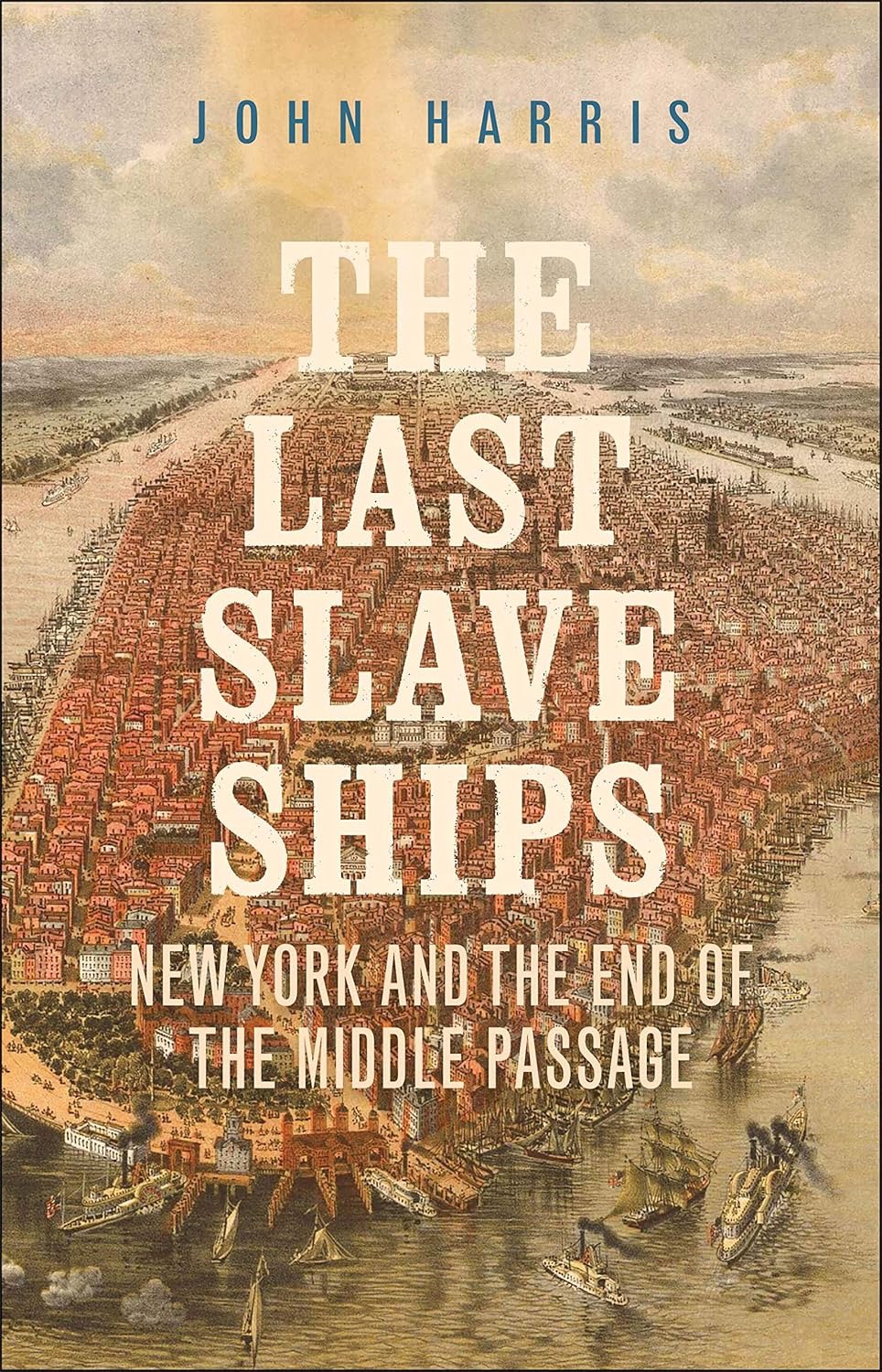John Harris’s The Last Slave Ships offers a more comprehensive portrait of the illegal slave trade in the Atlantic, starting with the last slave ships to dock in New York Harbor. Mining the historical archives in Spain, Portugal, Cuba, and the United States, Harris demonstrates how, even as slavery was being abolished in the Northern states, it continued to flourish, since the slave system was not confined simply to below the Mason-Dixon Line. The financing of the slave trade’s illegitimate commerce was sited heavily in Manhattan: The ships passed through the waterways of the city’s harbor, and the denizens of Gotham also enjoyed the profits of this odious system, even as many of them publicly denounced it. After all, slave ships required crews, not to mention the need to grease the palms of corrupt officials at the harbor and elsewhere with attractive bribes. In sum, the wealth produced by slave labor built not only a region but a nation. Like Charleston, S.C., and Galveston, Tex., New York City benefited from the trade in human souls—which, in a sense, continues to undergird Wall Street.
Much of The Last Slave Ships concerns itself with the years immediately preceding the crushing of this ugly business as a consequence of the Civil War, and the book chronicles how the construction of swift ships was financed in New York, how the audacious smuggling persisted as a result, and how the breathtaking inhumanity that this smuggling created continues to bedevil this country even though it ended many decades ago.
Indeed, it does not require acrobatically inclined inferences to conclude that the vessel Whitman visited in the Brooklyn Navy Yard symbolized far more than the attempted impounding of slavery itself, which within five years was to ignite a bloody war. It also represented a moral economy that eroded the most basic human empathy. One might add that the story of how a slave ship wound up in New York waters also sheds light on how a would-be Manhattan Mussolini received 74 million votes in the presidential election of 2020.
